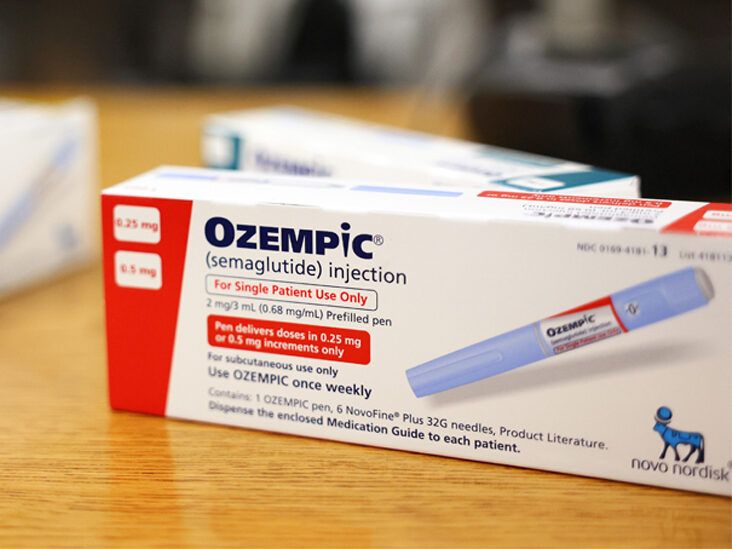Why Garlic Is Such a Huge Danger For Dogs

There are tons of sources online that say you shouldn’t feed your dog’s garlic.
And for the most part, that rings very true. Garlic and the rest of the allium family, including onions and chives, are highly toxic for dogs. They can cause a wide range of problems, primarily issues with their red blood cells.
When your dog ingests too much garlic, it can experience a range of symptoms such as vomiting, diarrhea, and lethargy. And since the herb contains toxins that target the red blood cells, they could even develop hemolytic anemia.
In this guide, we explain every reason you should keep your dog away from garlic, and even address the so-called “benefits” of feeding your dog garlic that is highly prominent on the internet. Read on to learn more.
What Makes Garlic Bad for Dogs?
Garlic is an herb that’s part of the allium family. The allium family contains a wide range of different common ingredients you’ll find in a human kitchen such as onions, shallots, and chives. All of the members of the allium family have significant amounts of disulfide and thiosulphate, which is the primary reason garlic is toxic for dogs.
Disulfide and thiosulphate are the primary toxins found in garlic that can have negative effects on your dog. These compounds damage the red blood cells which can lead to a host of problems and is the primary cause of garlic poisoning in dogs.
What Happens If a Dog Eats Garlic?
If your dog eats garlic, it can potentially experience a range of different symptoms. The symptoms they might experience largely depend on the dog’s health, breed, age, and how much garlic they ate.
However, the most common signs of garlic poisoning are just like any food poisoning symptoms such as vomiting and diarrhea. Dogs may also experience lethargy, hemolytic anemia, and even depression if they eat too much garlic.
How Much Garlic Is Toxic for Dogs?
There is no definite amount of garlic that is toxic to dogs. Some dogs may be fine after eating a bulb or two, while others might get sick if they eat just a little bit. Remember every dog is different.
Different breeds are also more susceptible to garlic poisoning as a lot of people report that Japanese breeds such as the Shiba Inu are especially sensitive to garlic poisoning. There are some people that their dogs are resistant to garlic poisoning, which might be true to some extent.
However, considering how serious the symptoms of garlic poisoning can be, it’s not worth taking the risk. While some dogs can handle a bit of garlic in their diet, it’s always best to keep your dog away from garlic as much as possible since you never know how much garlic can trigger a negative reaction.
Can I Feed My Dog Garlic Bread?
Garlic bread only contains very small amounts of garlic. However, it still isn’t recommended to feed it to your dog. The trace amounts of garlic in garlic bread can still be toxic for some dogs and it’s not worth the risk. Additionally, garlic bread contains a lot of fat and salt that could be bad for your dog, so it’s best not to feed it to them at all.
Does Garlic Have Any Benefits for Dogs?
When you search for the reasons why garlic is dangerous for dogs on the internet, you will be greeted by a mixed bag. In fact, there are even some websites and blogs out there that claim that garlic, in small amounts, can actually have benefits for your dog.
For the record, there are no conclusive studies to prove the benefits of garlic to dogs. However, that doesn’t mean you should discount the stories online. There might be some truth to all these claims, but since you never know how much garlic can be poisonous to dogs, it’s not worth the risk.
We’ve actually written a complete guide about the “potential” benefits garlic can have for dogs and whether you might want to try it for your pet. You can read more about the benefits of garlic for dogs in this article and decide for yourself whether you want to give it a spin.
Conclusion
Garlic poisoning is a serious condition in dogs. It can manifest in light symptoms like lethargy and vomiting, or in more serious ones such as hemolytic anemia.Garlic and other members of the allium family contain compounds that attack the red blood cells of dogs. This can result in a wide range of health complications that you would want to avoid at all costs as a dog owner.
While some people claim that garlic actually has some health benefits for dogs, it’s not worth the risk. If you want to learn more about whether or not you should feed your dog garlic, it’s always best to consult your vet.
Every dog is different and may have different reactions to garlic. But unless you have the explicit go-ahead from your vet that it’s okay, we recommend keeping your garlic away from your dog as much as possible.





